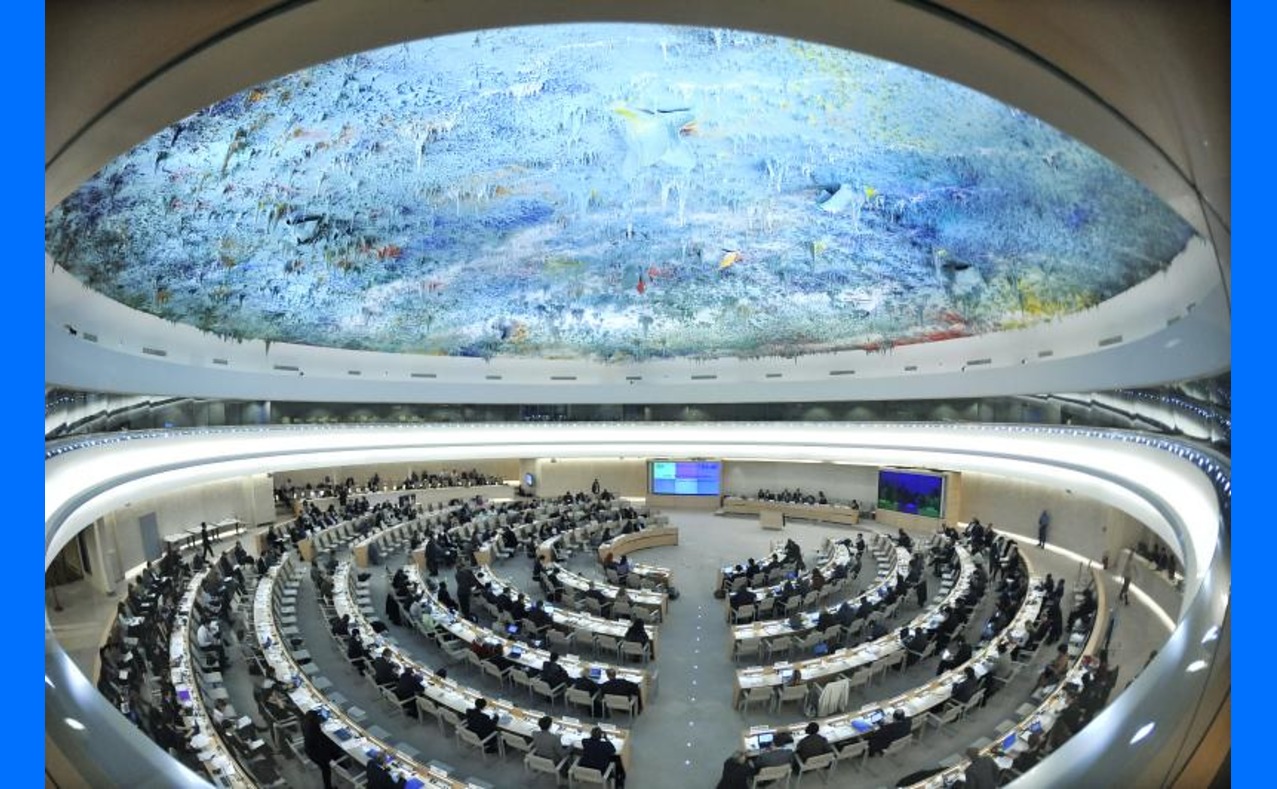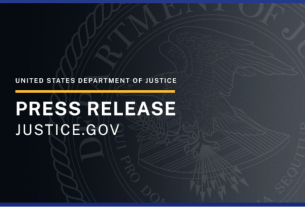Human Rights Watch (HRW) is calling for urgent international regulation of autonomous weapons—often referred to as “killer robots”—warning that their use poses a direct threat to fundamental human rights, particularly the right to life. The advocacy comes as the United Nations General Assembly prepares to hold its first meeting on autonomous weapons systems in New York.
In a newly released report, HRW highlights six major human rights risks linked to the deployment of AI-driven lethal weapons that can operate without human oversight. Among the most serious concerns is the risk of arbitrary killing, as these systems cannot reliably meet international law’s three-fold test for the lawful use of force: necessity, proportionality, and distinction.
“Autonomous weapons systems could not identify subtle cues of human behavior to interpret the necessity of an attack, would lack the human judgment to weigh proportionality, and could not communicate effectively with an individual to defuse a situation,” HRW warned.
The report also flags threats to the right to peaceful assembly, suggesting such weapons may be deployed in ways that suppress lawful protests due to their inability to distinguish between peaceful demonstrators and violent actors. The result, HRW cautions, could be a global “chilling effect,” discouraging civic participation out of fear of violent enforcement.
Another key concern is the risk of algorithmic bias. Without adequate safeguards, automated systems may disproportionately target or misidentify individuals from marginalized communities, violating the principle of non-discrimination.
HRW further emphasized the so-called “black box problem”—the opaque nature of decision-making in complex AI systems. This lack of transparency, it argues, makes accountability nearly impossible when these systems malfunction or cause harm.
At least 129 countries have expressed support for negotiating a legally binding international treaty to ban or strictly regulate autonomous weapons. Earlier this month, UN experts echoed the call, urging international consensus to ensure AI use in warfare remains aligned with human rights standards.
Arnoud Valli, speaking to the UN on the issue, stressed that “regulating AI on the battlefield is no longer a theoretical debate—it is a pressing necessity to prevent irreversible consequences.”
Portions of this report include material from Jurist, originally reported by Lilian Trickey (University of Oxford Faculty of Law).
UN-human-rights-Photo-by-Jean-Marc-FerrZ-on-Flickr


